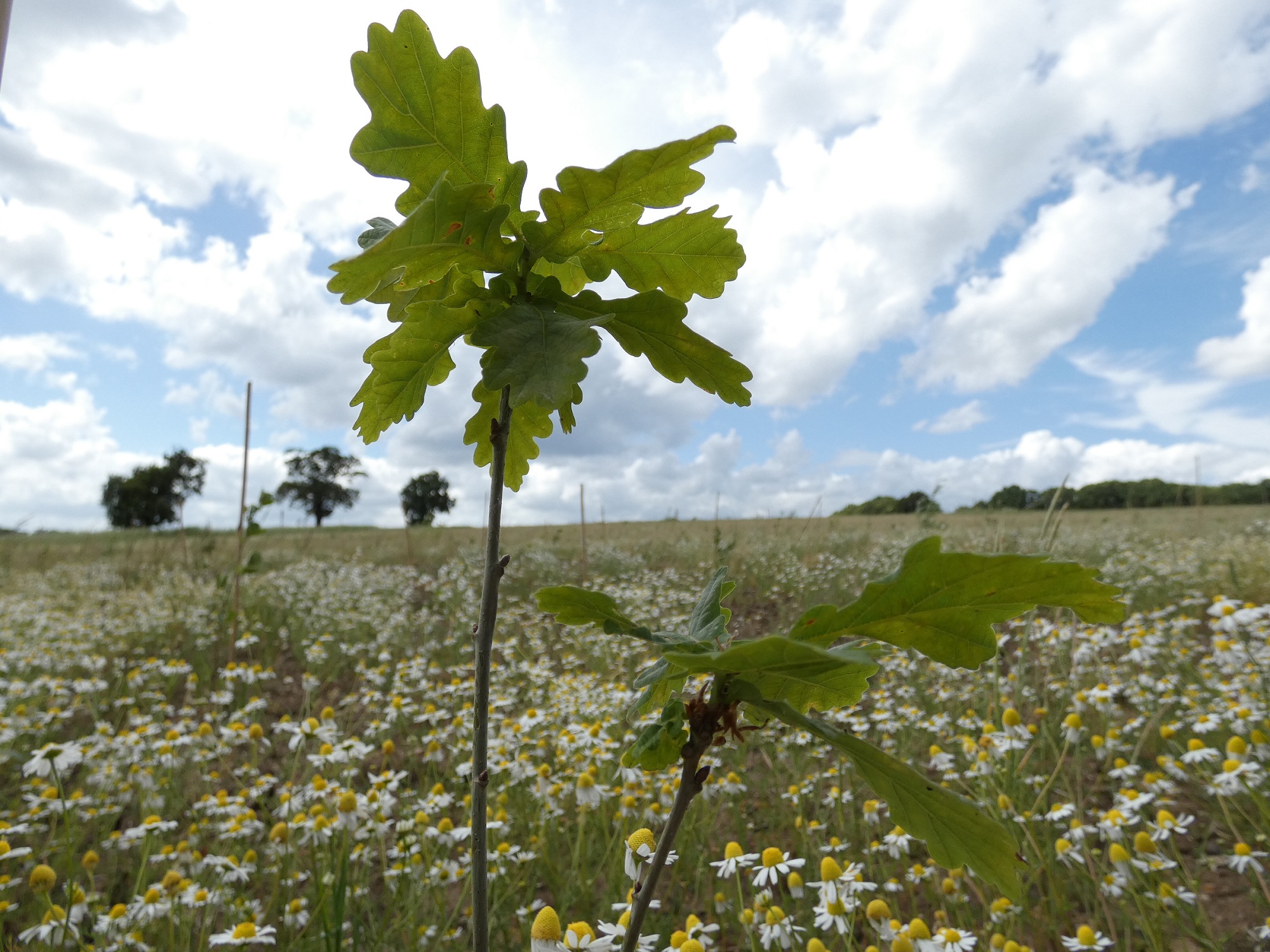Share on Pinterest Sleep high quality is related to higher psychological well being, however it doesn’t impression an individual’s stress-coping methods, a examine discovered. Picture credit score: Studio Firma/Stocksy. Persistent stress can improve the chance of sure psychological diseases, together with anxiousness and melancholy.
Outcomes from a latest examine discovered that adaptive emotion regulation methods and sleep each play a key position in decreasing the chance for anxiousness and melancholy amongst people who find themselves experiencing continual stress.
This examine utilized an occasion the place folks skilled lots of continual stress: the COVID-19 pandemic. Nevertheless, administration of continual stress is significant, whatever the supply. The COVID-19 pandemic produced a novel state of affairs the place many individuals skilled a time of continual stress. Researchers are looking for to know how such durations of continual stress have an effect on psychological sickness and what elements might help enhance psychological well being. A examine revealed within the journal Cortex examined how adaptive emotion regulation methods—or constructive coping methods—and sleep high quality relate to charges of tension and melancholy. The authors discovered that each elements are useful in decreasing charges of tension and melancholy. Nevertheless, in distinction to their speculation, they discovered that the effectiveness of emotion regulation methods was not majorly depending on sleep high quality.
What position does sleep high quality play? This examine was a secondary evaluation of knowledge on sleep and psychological well being collected throughout the COVID-19 pandemic from the spring by the autumn of 2020. The primary precedence of the analysis was to see if adaptive emotion regulation methods are related to higher psychological well being. Adaptive cognitive emotion regulation methods are thought processes that assist enhance psychological well being in the long run. An instance can be looking for to seek out constructive which means in an occasion or state of affairs, often known as “constructive reappraisal.” Second, researchers needed to know if adaptive emotion regulation methods’ effectiveness relied on sleep high quality. They checked out these elements inside “the context of a naturally-occurring and continual stressor, the COVID-19 pandemic. Examine co-author Emma Sullivan defined the important thing objectives of the analysis to Medical Information Immediately: “We had been all in favour of firstly whether or not utilizing constructive coping methods extra regularly can be related to decreased melancholy and anxiousness signs throughout the COVID-19 pandemic. Secondly, we had been all in favour of whether or not the advantages of utilizing constructive coping methods for decreasing melancholy and anxiousness signs relied on having the ability to acquire good sleep high quality. It’s because sleep high quality has been related to each constructive coping technique use and melancholy and anxiousness signs.”
Emotional regulation methods most necessary The examine included 1,600 grownup individuals. The individuals offered info by way of on-line kinds and offered very important info on demographics. Additionally they accomplished questionnaires accumulating information on emotion regulation methods, sleep high quality, melancholy, and generalized anxiousness. Primarily based on information evaluation, the researchers discovered that extra use of adaptive cognitive emotion regulation methods was related to decrease scores for anxiousness and melancholy. Additionally they discovered that studies of upper sleep high quality had been related to decrease scores for anxiousness and melancholy. Relating to the connection between adaptive cognitive emotion regulation methods and sleep high quality, they discovered that individuals who reported increased high quality sleep had increased use of adaptive cognitive emotion regulation methods. Their ultimate mannequin that accounted for sleep high quality discovered that utilizing adaptive cognitive emotion regulation methods didn’t considerably predict anxiousness outcomes. In different phrases, the effectiveness of utilizing constructive coping methods in decreasing melancholy and anxiousness didn’t appear to depend upon how nicely an individual slept. The constructive regulation methods nonetheless confirmed advantages for psychological well being, no matter sleep high quality. Sullivan defined the subtleties of those findings to MNT: “We certainly discovered that extra frequent use of constructive coping methods was related to decreased melancholy and anxiousness signs. As well as, higher sleep high quality was additionally related to decreased melancholy and anxiousness signs. Nevertheless, utilizing constructive coping methods to scale back melancholy and anxiousness signs didn’t depend upon acquiring good sleep high quality as we had predicted.”
Findings not as stunning as they might appear Licensed medical psychologist Dr. Lindsay Oberleitner, training director at SimplePractice, who was not concerned on this analysis, commented on the examine findings to MNT. “Curiously, sleep high quality and cognitive emotion regulation methods didn’t work collectively of their relationship to melancholy and anxiousness as was anticipated,” she instructed us. However, she famous, this might not be as stunning as it could appear at first. “If we step again from the current examine, this may not surpriseus an excessive amount of. We all know there are complicated elements that affect melancholy and anxiousness signs throughout people. Sleep is only one facet of bodily well being that impacts psychological well being, and adaptive cognitive methods are solely a portion of emotion regulation approaches.”
— Dr. Lindsay Oberleitner
Examine limitations and additional analysis It remains to be important to notice the restrictions of this examine. Researchers relied on self-reporting from individuals, which isn’t at all times correct. They notice that folks usually report decrease sleep high quality than what’s objectively measured. They might solely measure adaptive cognitive emotion regulation technique and sleep high quality as soon as, which suggests they may not measure adjustments which will have occurred all through the examine. The authors additionally had extra information factors on melancholy than on anxiousness. The examine didn’t have the ability to measure smaller interplay results which will have been current. Due to the measurements they used, they may not look into whether or not a particular cognitive emotion regulation technique or a mix was best and the way these methods interacted with sleep high quality. The examine primarily included white feminine people in the US with increased ranges of training. Researchers couldn’t account for particular covariates, and information was collected on-line. All of those elements restrict how a lot the examine’s outcomes might be generalized and point out the necessity for better variety in future analysis. Lastly, the examine authors acknowledge that the COVID-19 pandemic offered a novel supply of stress, so it’s tough to check this examine to different sources of extended stress and the ensuing psychological well being outcomes. Sullivan famous that future analysis may look into different stressor sources. “Clearly, the COVID-19 pandemic was a novel tense state of affairs, so it will be good to copy these findings within the face of different long-term tense occasions,” she defined to MNT. “Furthermore, as we checked out a spread of constructive coping methods collectively, it could be necessary sooner or later to see how particular methods, resembling constructive reappraisal (rethinking the state of affairs in a constructive gentle) and placing into perspective (i.e. desirous about the larger image) are related to each sleep high quality and melancholy and anxiousness signs,” she added.





